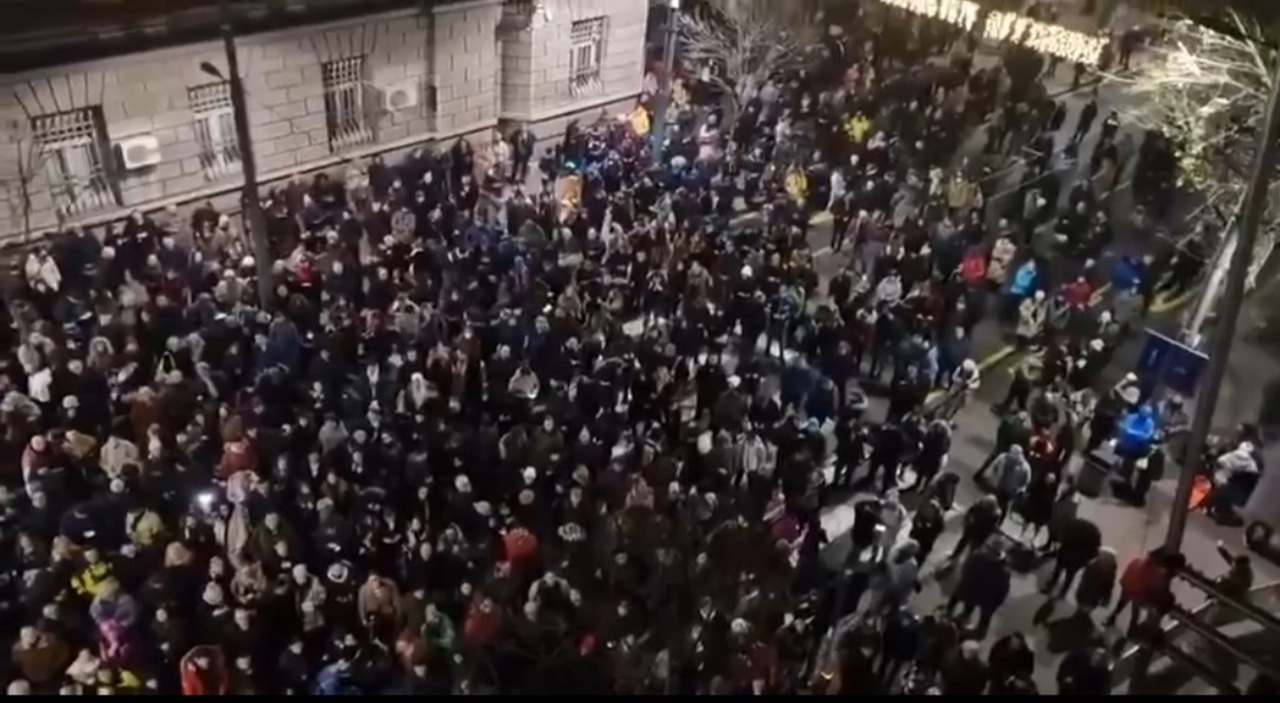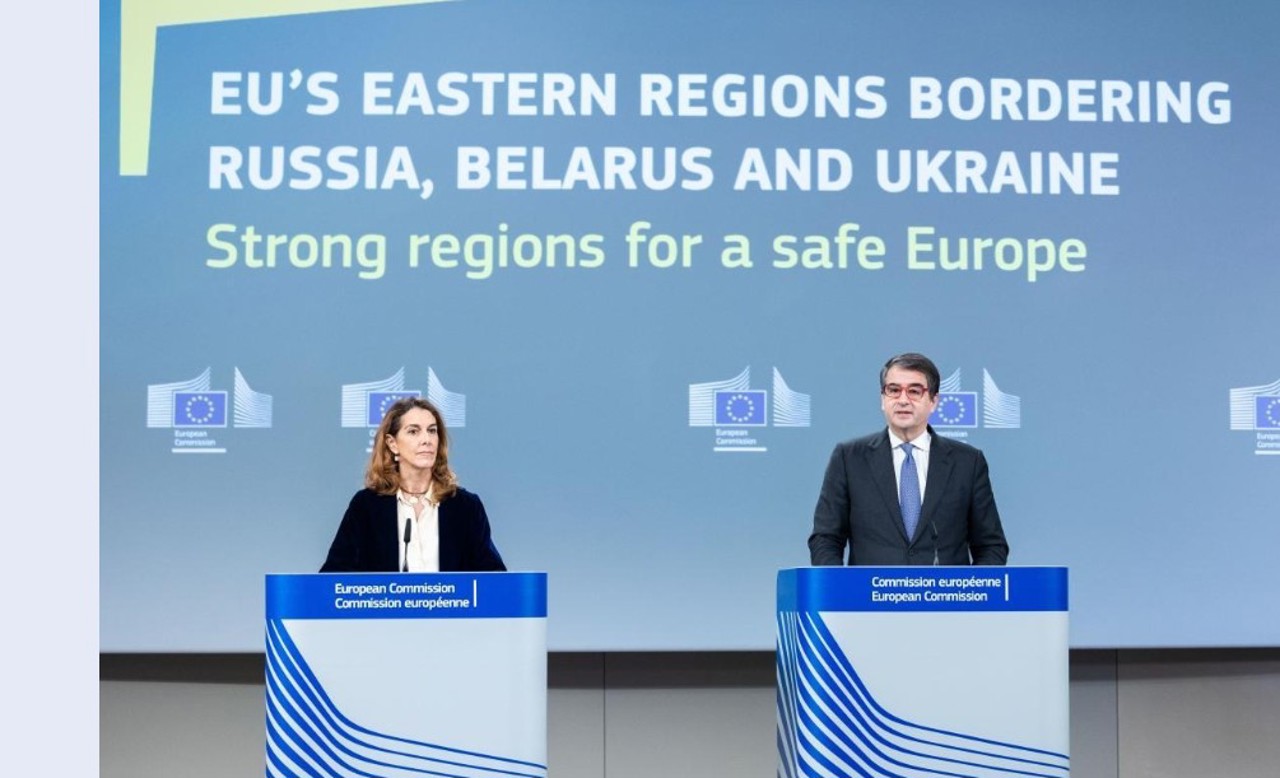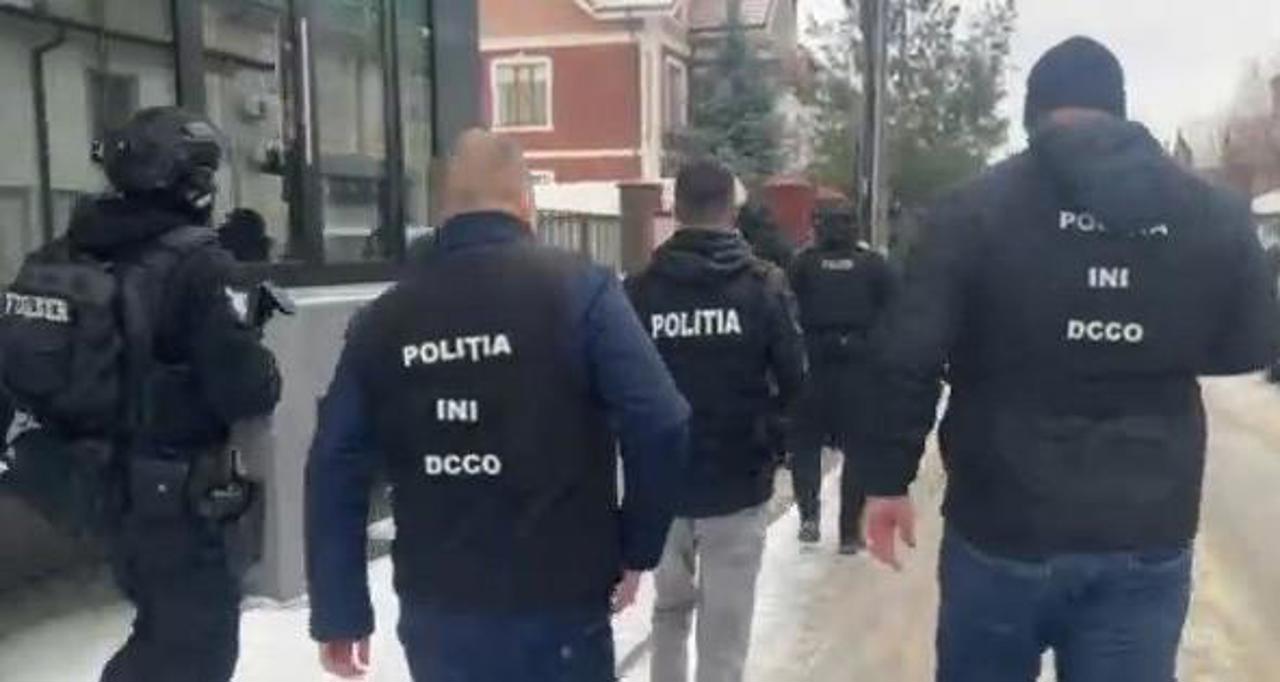Belgrade unrest: Opposition rejects Vucic's "unfair" victory
Serbia's political landscape erupted in protest following Sunday's parliamentary elections, as opposition leaders challenged President Aleksandar Vucic's victory under a cloud of widespread electoral fraud allegations, according to Politica.eu.

While Vucic, leader of the pro-Russian Serbian Progressive Party (SNS), declared victory, his claim faces vehement contestation.
Claims of Manipulation Fuel Outrage: The opposition's grievances revolve around accusations that 40,000 fictitious voters were transported to Belgrade, the capital, specifically to vote for Vucic's party. "We cannot, and must not recognize the stolen elections in Belgrade," proclaimed Marinika Tepić, a prominent opposition figure, echoing the sentiment of thousands who rallied in the city centre, blocking a major artery.
Independent Observers Raise Concerns: These accusations resonate with independent observers. The local election watchdog CRTA concluded, "The results of the elections in Belgrade do not reflect the real will of the residents who voted." Notably, the Organization for Security and Co-operation in Europe (OSCE) cited "unfair conditions" marred by harsh rhetoric, media bias, and pressure on public sector employees, lending credence to the opposition's claims.
Hunger Strikes & Muted International Response: Underscoring the seriousness of the situation, several opposition leaders, including Miroslav Aleksic, have embarked on hunger strikes, symbolising their deep conviction about the election's illegitimacy. This conviction gains further weight in light of the lukewarm international response. Unlike the customary congratulations from EU and Western leaders, Vucic's victory has only garnered support from figures like Hungarian Prime Minister Viktor Orbán and Russia's Vladimir Putin.
Uncertainty Grips Serbia: As the Central Election Commission grapples with finalising results and addressing complaints, the nation's future remains uncertain. Protesters vow to continue their demonstrations until the elections are annulled, while Vucic's camp remains adamant about the legitimacy of the outcome.
Critical Juncture for Democracy: Serbia's fragile democracy now stands at a crucial crossroads. If the allegations of electoral fraud are substantiated, it could trigger widespread disillusionment and potentially destabilise the nation. Conversely, dismissing the opposition's concerns without a thorough investigation risks further eroding public trust in Serbia's democratic institutions. The coming days will be pivotal in determining whether Serbia can navigate this political upheaval and emerge with a strengthened commitment to free and fair elections.
Translation by Iurie Tataru






